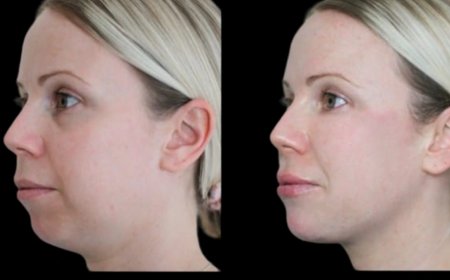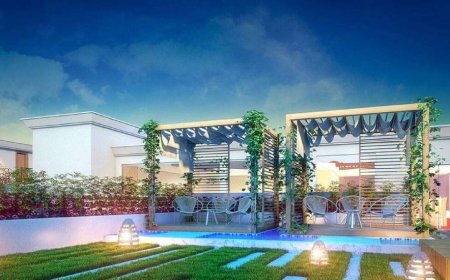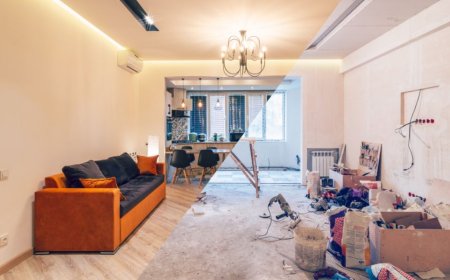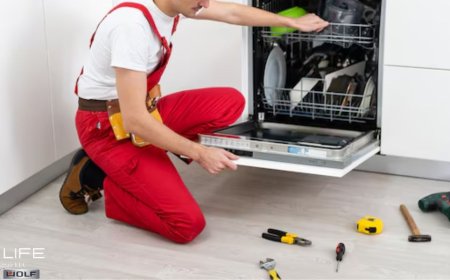Aluminum Composite Panel Manufacturer Leading Quality and Innovation in Cladding Solutions

An aluminum composite panel manufacturer produces lightweight, durable building materials used in construction and design. These panels combine layers of aluminum with a core material, offering strength, weather resistance, and aesthetic versatility.
Choosing the right manufacturer ensures access to high-quality panels that meet specific industry standards and project needs.Reliable manufacturers also provide customization options, allowing for various finishes, thicknesses, and sizes to suit different applications.
The demand for aluminum composite panels continues to grow due to their efficiency and modern appearance. Understanding the role of the manufacturer helps buyers make informed decisions about material quality and performance.
Choosing an Aluminum Composite Panel Manufacturer
Selecting the right manufacturer involves assessing product quality, production capabilities, and the availability of custom options. These factors ensure the panels meet project requirements and industry standards.
Quality Standards and Certifications
A reputable manufacturer adheres to international quality standards like ISO 9001 or ASTM specifications. Verification of certifications confirms consistent product reliability and safety.
Key certifications include:
- ISO 9001: Quality management system compliance
- ASTM E84: Fire performance testing
- RoHS: Restriction of hazardous substances compliance
Manufacturers should also provide test reports demonstrating panel durability, fire resistance, and environmental impact. These documents help verify material performance under different conditions.
Production Capacity and Capabilities
Evaluating production capacity helps ensure timely order fulfillment. Manufacturers with advanced machinery can handle large volumes and maintain uniform panel thickness and coating.
Essential capabilities include:
- Precision coating systemsfor color consistency
- Automated cutting and shapingfor accurate dimensions
- Flexible batch sizesto accommodate different project scales
Reliable suppliers maintain strict process controls and can scale operations to meet delivery deadlines without compromising quality.
Custom Solutions and Product Range
Manufacturers offering a range of finishes, colors, and thicknesses provide flexibility for diverse architectural needs. Customization options may include textures, perforations, and eco-friendly materials.
Common product offerings:
|
Feature |
Description |
|
Thickness range |
Typically from 3mm to 6mm |
|
Surface finishes |
Matte, glossy, metallic, wood grain |
|
Core materials |
Fire-retardant, polyethylene, mineral core |
Custom solutions improve project integration and meet aesthetic or functional specifications precisely.
Industry Applications and Advanced Manufacturing Techniques
Aluminum composite panels (ACPs) serve multiple practical roles across various sectors. Their manufacturing involves precise processes that improve durability, aesthetics, and environmental performance.
Architectural and Construction Uses
ACPs are widely used for exterior cladding, facades, and interior wall coverings. Their lightweight nature reduces structural load and installation time while maintaining fire resistance and weather durability.
They often feature in high-rise buildings, commercial complexes, and residential projects. ACPs provide design flexibility through various finishes such as metallic, wood grain, and stone textures.
The material is valued for easy maintenance and long-term cost efficiency. Its ability to withstand corrosion and UV exposure makes it suitable for diverse climates.
Technological Innovations in ACP Manufacturing
Modern ACP manufacturing employs coil coating technology, ensuring uniform paint application and enhanced surface properties. This process improves resistance to peeling, fading, and environmental damage.
Advanced bonding techniques between aluminum sheets and core materials boost panel rigidity and fire safety. Non-combustible mineral cores increasingly replace traditional polyethylene cores for compliance with strict fire codes.
Robotic assembly and automated quality control systems increase production accuracy and reduce waste. These innovations allow customization in thickness, color, and finish to meet specific project needs.





















